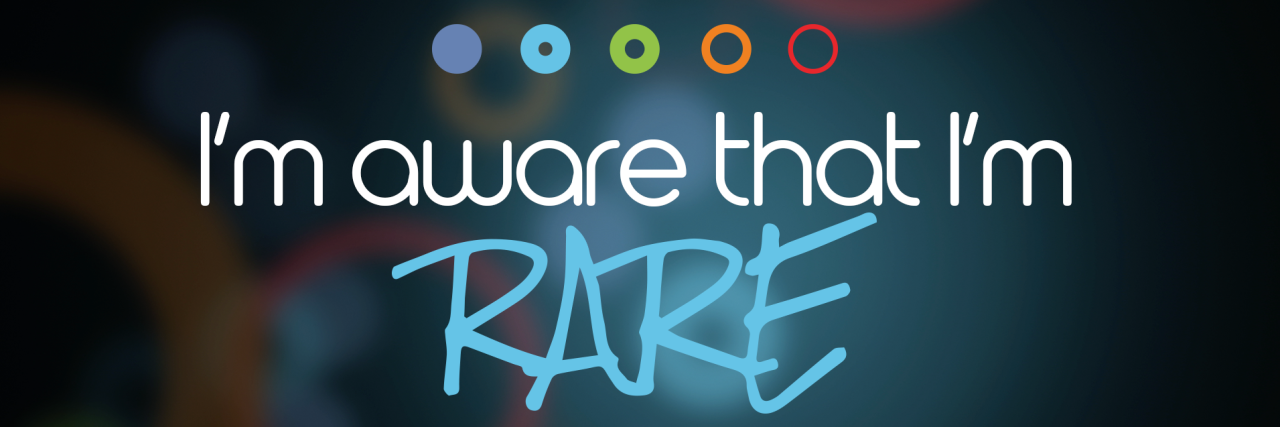Anson Daine, RN from UCSF Benioff Children’s Hospital discusses UCSF’s pediatric pulmonary hypertension program and caring for infants in the pediatric ICU.
Transcript:
My name is Anson Daine. I’m a registered nurse. I work in the pediatric intensive unit at UCSF Benioff Children’s Hospital in San Francisco. I’ve been working there about two-and-a-half years. I’m a relatively newer nurse.
UCSF has a pediatric pulmonary hypertension program, but within the last year, it’s greatly expanded and as well as my role working in the pediatric intensive care unit. Our unit has expanded to accept patients who are kind of maxed out on their oral therapy and have come to UCSF to see if they’re candidates to start a subcutaneous infusion of some additional medication to see if that can provide a therapeutic benefit.
Some of the patients that we see they’ve been treated at some outside hospitals and they’re coming to us. Many of them are very, very young. Many under one year and may or may not have even left the hospital yet since their birth, so we also see a lot of kids for whom they’ve known nothing, but the hospital for their life. Their parents have known nothing of a home life with these kids.
In addition to getting them set up for success just on their new pulmonary hypertension medications, it’s also prepping them for success, taking their child home from the hospital for the first time which, obviously, with any sort of chronic illness can be scary. With pulmonary hypertension given the risk factors involved, there can be a lot that we need to discuss and prep the parents for.
Well, everybody’s different. Some of the themes we see – especially parents for whom this is their first and only child, they don’t know a different version of parenting. Their only parenting experience has been in a hospital and sometimes only in an ICU. They’ve transitioned from a neonatal intensive care unit to the pediatric ICU. I think with that you lose out on some of the normal “bonding” experience that you might have with your kid. I think that some of that sometimes get replaced. They become focused on a lot of the medications that their kids are in.
But at the same time, while there’s an ICU, one of the things I enjoy is that you can have a child who may be has a tracheostomy and has other things going on in addition to all their medications and it’s exciting… they have spent their entire life in the hospital to have that first experience where you take them out of the bed and you put them in the wagon. You pack all of their medical complexities and technology onto a Radio Flyer wagon and pull them around the ICU for the first time and just to see the experience of them being out of bed, which is really exciting, especially if they’ve never known anything, but that.
Even the children who have spent most of their life in a bed or on a mat on the floor, uncharacteristic of normal childhood development, you still walk over the crib and you can get the huge smiles and the playfulness where you come in and you want to take our stethoscope and listen to them breathe, but all they’re focusing on is your badge that’s hanging off your scrubs and they start playing with that in characteristic child fashion. Or you’re trying to do all of this medical stuff, but they’re, as a one-year-old, oblivious to all of that and they are just focused on the normal kid stuff. They want to play, they want to smile. They want to blow raspberries at you.
Despite all the medical complexities and all of the medical technology that surrounds a very sick child and an ICU, in the end is sometimes it’s just a child in a crib and there’s some normal childhood things that that just entails. That can shine through and supersede so much of the technology that we may surround them with.
I think from the nursing perspective, we often talk about the fact we work 12-hour shift and so when you’re on, you’re with your patients for 12 hours. The doctors are going to come in intermittently throughout the day. You’re going to see the social work and child life [specialist] and all of that. But at the end of the day, it’s the nurse and the parents who are by the child’s side for probably the most extended period of time, especially when they’re in the ICU and they’re under such close monitoring.
The nurses, in conjunction with the parents, are going to be the ones who watch the child so closely and do that close monitoring that you start to be able to pick up on those subtle changes. With the parents you see when things may be starting to turn when children are either starting to get worse, but also you can see when they start to get better. When the therapy is that they’ve come into the hospital for actually starting to improve, they’re starting to smile more, they’re interacting with their parents. That’s such a rewarding experience to see everything we do and all the intensive therapy that goes in for caring for these sometimes delicate children to really turn the corner and let them be kids. It’s always an exciting time when the kids are transitioning out of the ICU because it’s such a huge step when dealing with such an illness that can put kids in such a perilous situation.
I’m Anson Daine and I’m aware that I’m rare.
Learn more about pulmonary hypertension at phaware.global. Never miss an episode with the phaware® podcast app. Follow us @phaware on Facebook, Twitter, Instagram, YouTube & Linkedin Engage for a cure: #phaware #phawareMD @UCSFChildrens @pphnet

